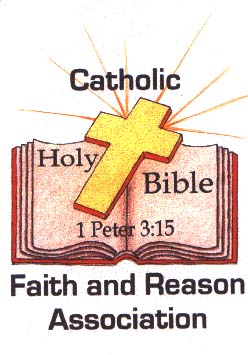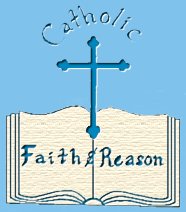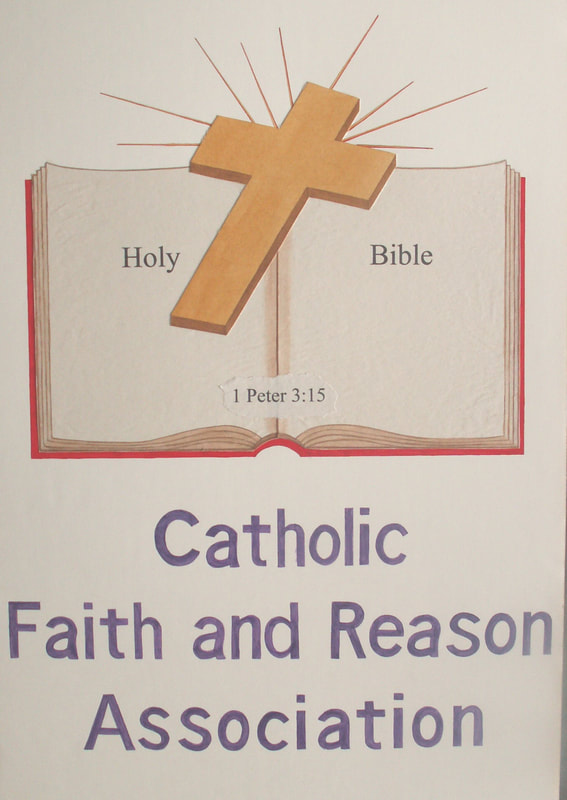Greetings In Christ,
Join us for a new video Bible Study on the Gospel of Matthew featuring Professors Tim Gray and Michael Barber beginning on Friday nights at 7 PM at St. Therese parish North, 4207 N.W. Hwy. #9, KCMO 64152. For more information or to register for this free study, please phone Claude at 816-524-0291.
Pope Francis asked Christians to offer an Our Father prayer, as taught by Jesus in the Sacred Scriptures to end to the war in the Ukraine and Israel with justice and peace for all:
Our Father who art in heaven,
hallowed be thy name.
Thy kingdom come,
Thy will be done
on earth, as it is in heaven.
Give us this day our daily bread,
and forgive us our trespasses,
as we forgive those who trespass against us,
and lead us not into temptation,
but deliver us from evil.
Amen.
“Lord, teach us to pray.” This is what the Savior’s disciples asked him. Of course, any answer coming from him would be a perfect answer. His answer was what we call the “Our Father” or the “Lord’s Prayer.” This prayer is a perfect model of how we should pray and for what things we should pray, and in what order.
Commentary: St. Cyprian, an early Church Father, shares some wisdom with us:
“We say not My Father, but Our Father, for the teacher of peace and master of unity would not have men pray singly and severally, since when any prays, he is not to pray for himself only. Our prayer is general and for all, and when we pray, we pray not for one person but for us all, because we all are one [in the Body of Christ]. So also He willed that one should pray for all, according as Himself in one [who] did bear us all.”
St. Cyprian also notes: “Or, He bids us in praying beg that God may he glorified in our life; as if we were to say, Make us to live so that all things may glorify You through us. For Hallowed signifies the same as glorified. It is a petition worthy to be made by man to God, to ask nothing before the glory of the Father, but to postpone all things to His praise."
And again, Cyprian says, “For this we daily make petition, since we need a daily sanctification, in order that we who sin day by day, may cleanse afresh our offenses by a continual sanctification.”
We pray that our Lord’s kingdom come, for Christians know it will come whether we pray or not, because Jesus said it would. St. Augustine wrote, “When they pray, Let thy kingdom come, what else do they pray for who are already holy, but that they may persevere in that holiness they now have given to them? For not otherwise will the kingdom of God come, than as it is certain it will come to those that persevere to the end.”

We pray for God's Divine Mercy!
May the Lord be with you!


